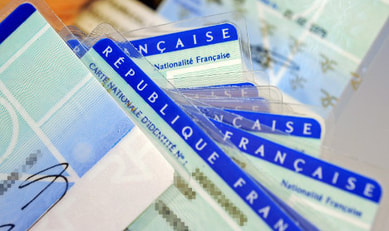Except that they would then have the right to vote in UK local and national elections.
Presumably those EU nationals who didn't apply for citizenship were not bothered about not being able to vote.
I would point out that when I was living and working in Germany some dozen years ago at a time when the UK was still a member of the EU I could vote, and did vote, in local elections although I do not have German nationality.
The rule was that EU citizens could vote in local elections but not national ones.
Why should it be any different here?
I've probably mentioned Sweden on here more often than pretty much anybody else! But yes, you're right - if the EU was made up entirely of the Nordic countries then my point would clearly be invalid, but of course it isn't.
--
I didn't enjoy it either, as I'm sure most people noticed!
Perhaps people haven't really grasped my point - other than the wretched Green Pass, yes the EU didn't dictate the approach that its constituent countries followed, as (for now at least) they retain sovereignty over such issues. But that's not what i'm saying - rather I'm saying basically this
and I was dismayed by that, particularly countries such as Germany which previously I'd admired for what I thought was sensible, logical, and scientifically-driven government. As such, any enthusiasm I had for being part of a political organisation that constituted countries, that showed they weren't what they had appeared to be, fell away. (Not just an EU countries thing of course - Australia, New Zealand, Canada and much of the USA had the same issue).
You have completely and utterly misunderstood the position in Germany and the EU.
Apart for the overarching issues of law and structure, health issues in Germany are devolved to the individual states and there was a complete mishmash of rules and advice given by the different states at different times to the great confusion of the population.
There was never a consistent approach - the early attempts to track and trace infected people were country-wide and successful - but delivered by the Health units in the local authorities - until the numbers overwhelmed the system which was never laid out or staffed to cope with the numbers of cases arising in a pandemic.
The EU as an organisation has no say in the way that the individual countries run their health systems or on the advice and guidelines given. It did try to purchase vaccines in the early days but as it, as an organisation, had never previously tried to buy anything centrally for supply to the member states it all went pear shaped and has not been repeated.
If one is trying to see a difference in the way the EU countries approached the Covid pandemic I would suggest that the pattern long predates the EU: the countries making up the catholic south do seem to have had different policies and implementation compared to the protestant north.
Luther greets you all!

